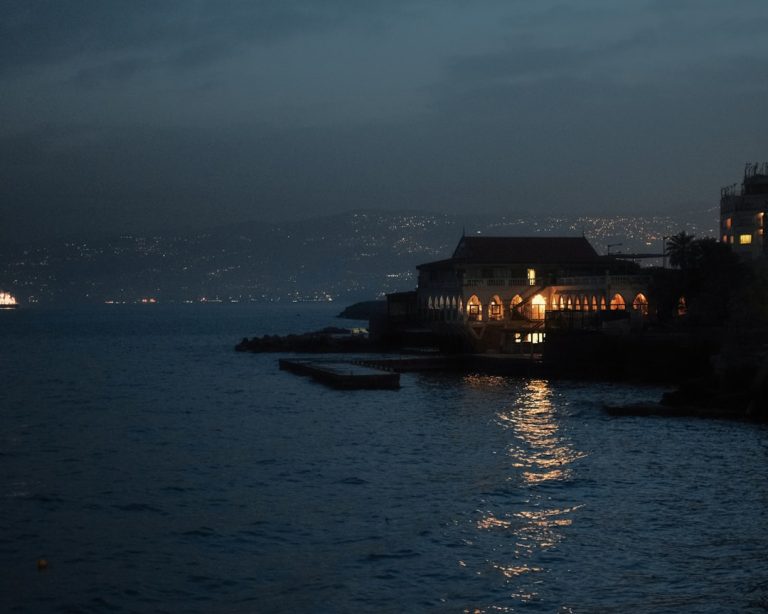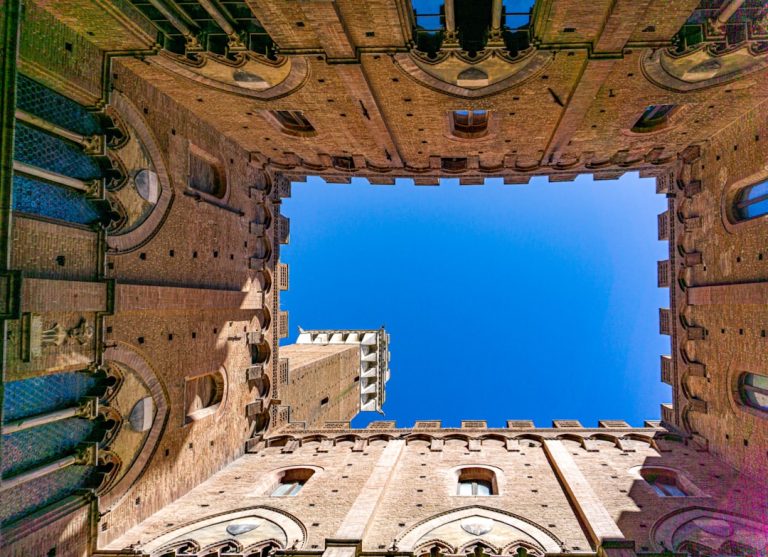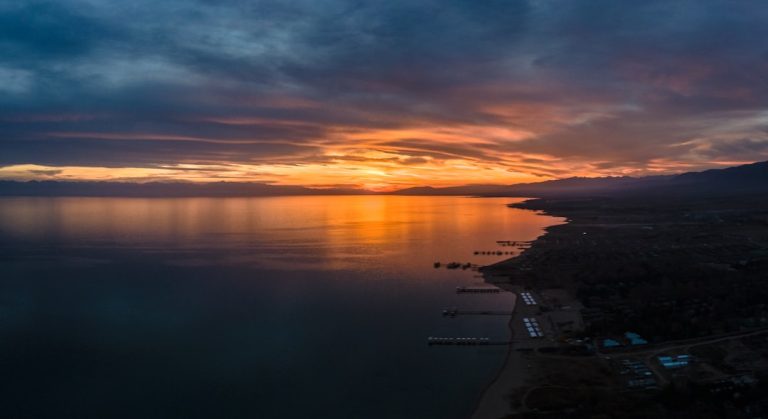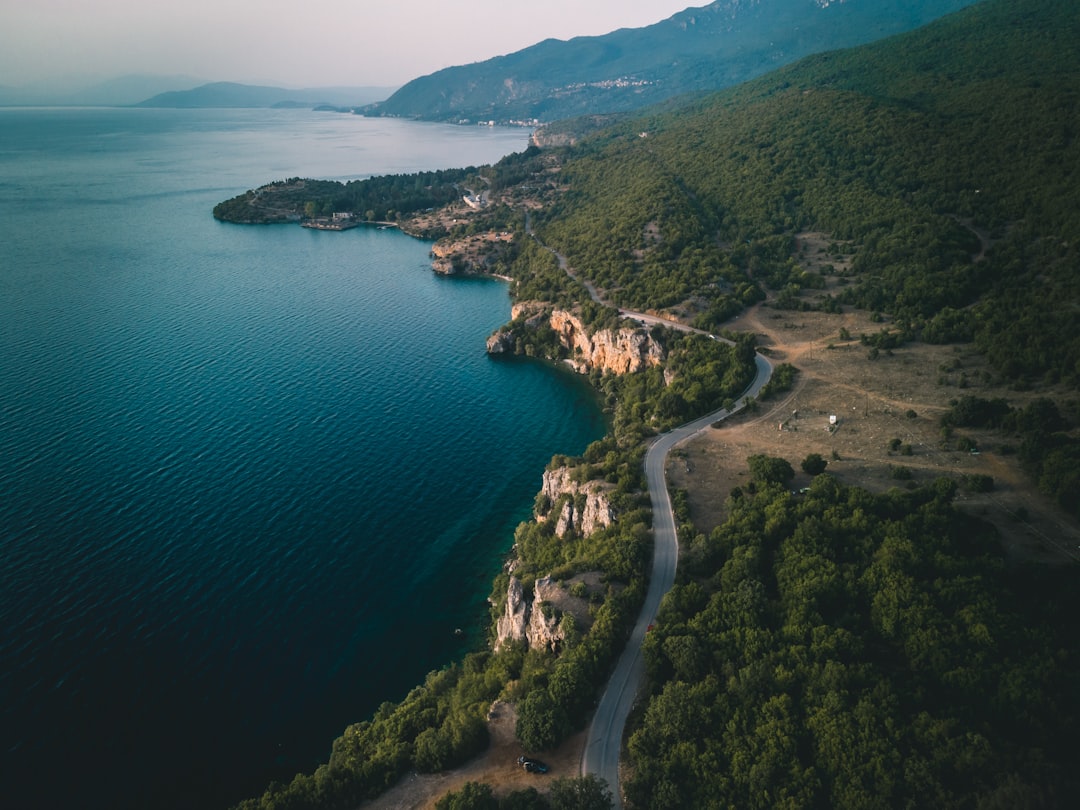
Macedonia, officially known as North Macedonia, is a landlocked country situated in the heart of the Balkan Peninsula in Southeast Europe. It is bordered by Kosovo to the northwest, Serbia to the northeast, Bulgaria to the east, Greece to the south, and Albania to the west. The country is characterized by its diverse landscapes, which range from mountainous terrains to fertile valleys, and it boasts a rich tapestry of history and culture that dates back thousands of years.
The capital city, Skopje, serves as a vibrant hub of activity and a focal point for visitors eager to explore the nation’s heritage. The name “Macedonia” evokes images of ancient kingdoms and legendary figures, most notably Alexander the Great. This historical significance is palpable throughout the country, where remnants of ancient civilizations coexist with modern life.
The population is a blend of ethnic groups, primarily Macedonians, Albanians, Turks, and Roma, contributing to a rich cultural mosaic. The official language is Macedonian, a South Slavic language, while Albanian is also widely spoken in areas with significant Albanian communities. This cultural diversity is reflected in the country’s traditions, festivals, and daily life, making it an intriguing destination for travelers seeking both adventure and insight into a unique way of life.
Key Takeaways
- Macedonia is a small, landlocked country in the Balkans, known for its rich history and stunning natural landscapes.
- The country is home to a number of historical and cultural landmarks, including the ancient city of Ohrid and the stunning Matka Canyon.
- Visitors to Macedonia can enjoy a range of outdoor activities, from hiking and mountain biking to skiing and rock climbing.
- Macedonian cuisine is a delicious blend of Mediterranean and Balkan flavors, with dishes like ajvar, tavce gravce, and baklava being popular local favorites.
- The country’s vibrant cities and towns, such as Skopje and Bitola, offer a mix of ancient architecture, lively markets, and bustling nightlife. When traveling in Macedonia, it’s important to be aware of local customs and traditions, and to respect the country’s cultural heritage.
Historical and Cultural Landmarks
Macedonia is replete with historical and cultural landmarks that tell the story of its complex past. One of the most significant sites is the ancient city of Ohrid, a UNESCO World Heritage site renowned for its well-preserved architecture and stunning lakeside views. Ohrid Lake, one of Europe’s oldest and deepest lakes, is surrounded by numerous churches and monasteries that date back to the early Christian period.
The Church of St. John at Kaneo, perched on a cliff overlooking the lake, is particularly famous for its breathtaking views and intricate frescoes that depict biblical scenes. Another remarkable landmark is the archaeological site of Heraclea Lyncestis, located near the town of Bitola.
Founded in the 4th century BC by Philip II of Macedon, this ancient city features impressive ruins, including a theater, basilicas, and stunning mosaics that showcase the artistic prowess of its inhabitants. The site provides valuable insights into the Hellenistic period and the Roman influence that shaped the region. Visitors can wander through the remnants of this once-thriving city while contemplating its historical significance in the broader context of Macedonian heritage.
Natural Wonders and Outdoor Activities

The natural beauty of Macedonia is nothing short of breathtaking, offering a plethora of outdoor activities for nature enthusiasts and adventure seekers alike. The country is home to several national parks, including Pelister National Park, which is known for its diverse flora and fauna as well as its stunning landscapes. The park features the majestic Baba Mountain, where hikers can explore numerous trails that lead to panoramic viewpoints overlooking the surrounding valleys and lakes.
The pristine nature of Pelister also provides opportunities for birdwatching, with various species inhabiting the area. In addition to hiking, Macedonia offers excellent opportunities for water sports and relaxation along its lakes. Lake Ohrid is not only a UNESCO World Heritage site but also a popular destination for swimming, kayaking, and sailing.
The crystal-clear waters are ideal for exploring underwater life or simply enjoying a leisurely day by the shore. For those seeking more adrenaline-pumping activities, the Vardar River offers options for rafting and kayaking, providing an exhilarating way to experience the country’s natural landscapes while navigating its rapids.
Culinary Delights and Local Cuisine
| City | Specialty Dish | Popular Ingredients | Traditional Drink |
|---|---|---|---|
| Paris | Coq au Vin | Chicken, red wine, mushrooms | Champagne |
| Tokyo | Sushi | Rice, fish, seaweed | Sake |
| Mexico City | Tacos al Pastor | Pork, pineapple, cilantro | Agua de Horchata |
Macedonian cuisine is a delightful fusion of Mediterranean and Balkan flavors that reflects the country’s diverse cultural influences. Traditional dishes often feature fresh vegetables, meats, and dairy products, with an emphasis on seasonal ingredients. One of the most iconic dishes is “tavče gravče,” a hearty bean stew typically cooked in a clay pot and flavored with spices such as paprika and garlic.
This dish embodies the rustic charm of Macedonian cooking and is often enjoyed with homemade bread. Another culinary highlight is “ajvar,” a roasted red pepper spread that accompanies many meals in Macedonia.
Additionally, “sarma,” which consists of grape leaves stuffed with minced meat and rice, showcases the country’s love for hearty comfort food. These dishes are often served during family gatherings and celebrations, emphasizing the importance of communal dining in Macedonian culture.
Vibrant Cities and Towns
Macedonia’s cities and towns are vibrant reflections of its rich history and cultural diversity. Skopje, the capital city, is a bustling metropolis that seamlessly blends modernity with tradition. The cityscape is dominated by striking architecture, including the iconic Stone Bridge that connects the old bazaar with newer developments.
The Old Bazaar area is particularly captivating, featuring narrow cobblestone streets lined with shops selling traditional crafts, textiles, and spices. Visitors can immerse themselves in local culture by exploring historic mosques such as Mustafa Pasha Mosque and enjoying traditional coffee in one of the many cafes. Bitola, often referred to as the “City of Consuls,” boasts a charming atmosphere with its tree-lined boulevards and neoclassical buildings.
The city’s rich history is evident in its numerous monuments and museums, including the Museum of Bitola housed in a former consulate building. Bitola also serves as a gateway to Pelister National Park, making it an ideal base for outdoor adventures. The town’s vibrant café culture invites visitors to relax and soak in the local ambiance while sampling traditional pastries like “tulumba” or “baklava.”
Practical Tips for Traveling in Macedonia
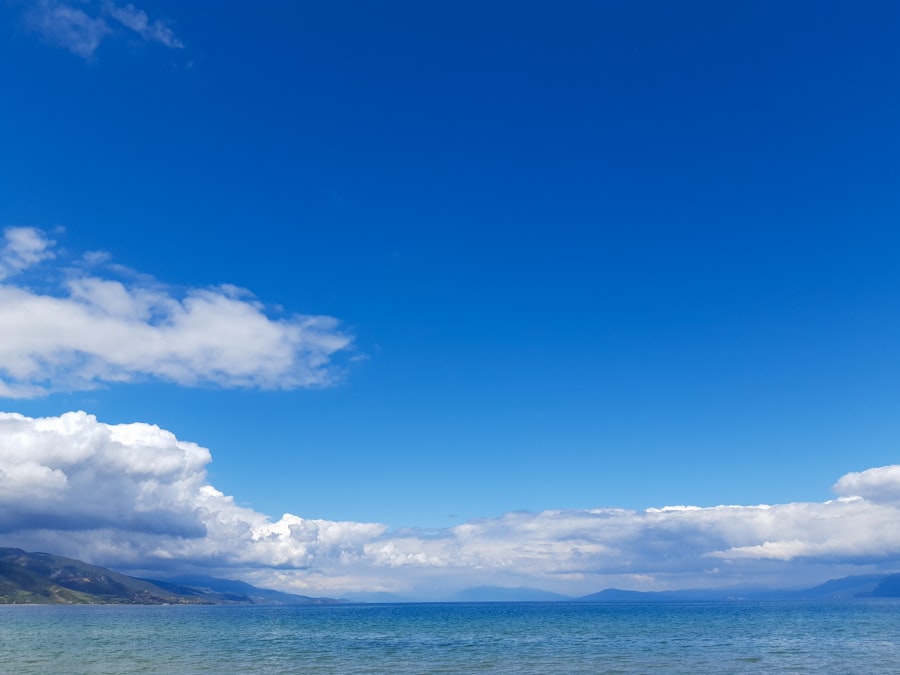
Traveling in Macedonia can be an enriching experience if one is well-prepared. Public transportation options are available throughout the country, including buses that connect major cities and towns. While Skopje has a modern bus system that makes navigating easy, travelers should be aware that schedules may not always be strictly adhered to.
Renting a car can provide greater flexibility for exploring remote areas or national parks at one’s own pace. When visiting Macedonia, it’s essential to respect local customs and traditions.
Additionally, learning a few basic phrases in Macedonian can go a long way in fostering goodwill with locals who appreciate efforts to communicate in their language. Currency exchange can be done at banks or exchange offices found throughout cities; however, it’s advisable to carry some cash as smaller establishments may not accept credit cards. Tipping is customary in restaurants and cafes; rounding up the bill or leaving around 10% is generally appreciated by service staff.
In conclusion, Macedonia offers an array of experiences that cater to diverse interests—from exploring ancient ruins to savoring delicious local cuisine amidst stunning natural landscapes. With its rich history and warm hospitality, this Balkan gem invites travelers to discover its many treasures while creating lasting memories along the way.
If you’re interested in exploring more fascinating destinations and learning about different cultures, you might enjoy reading about the Cook Islands. Like Macedonia, the Cook Islands offer a unique blend of natural beauty and cultural heritage. Discover more about this stunning location, including essential facts and must-visit places, by checking out the related article
